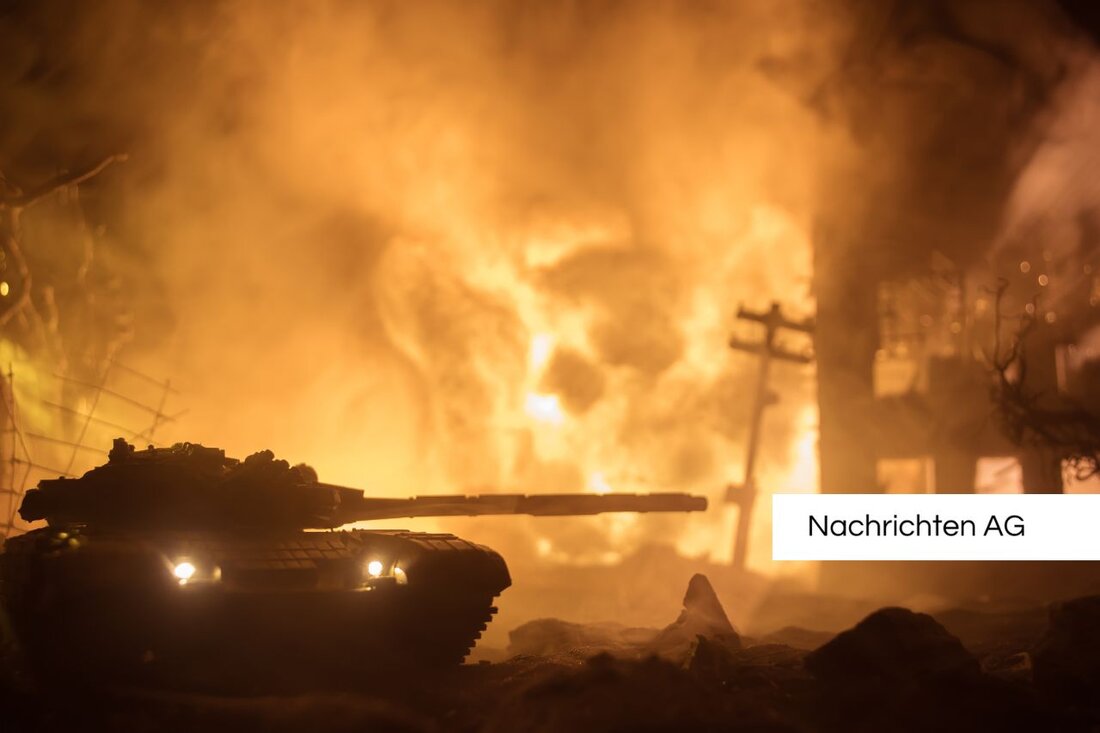Future of defense procurement: science and military in dialogue!
On March 25, 2025, the President of the UniBw Munich signed an important agreement on arms procurement with the BMVg in order to network science and the military.

Future of defense procurement: science and military in dialogue!
On March 25, 2025, President Prof. Eva-Maria Kern signed a groundbreaking agreement in Berlin to shape the Bundeswehr's procurement. In the presence of State Secretary Benedikt Zimmer, Vice Admiral Carsten Stawitzki and Ralph Herzog from the BAAINBw, this step was seen as crucial for future arms procurement in Germany. The aim is to strengthen the network between science and procurement and in this way to further develop defense procurement. Loud unibw.de The knowledge gained from scientific support is considered crucial for adapting to modern challenges.
The signing took place as part of a symposium entitled “Perspectives on (arms) procurement in the future”. The focus of the symposium included, among other things, the digitalization of processes and the strategic orientation of defense procurement. In this context, State Secretary Zimmer particularly emphasized that a war-ready Bundeswehr was the primary goal of the agreement.
Challenges of defense procurement
The symposium also discussed in detail the challenges of the current procurement situation. The increasingly shrinking supplier base and the need for deliveries of sufficient quality and quantity were identified as urgent problems. Vice Admiral Stawitzki outlined a strategic framework for implementing successful armament processes. He noted that the National Security and Defense Industrial Strategy focuses on resilience, defense industrial capacity and key technologies.
According to Ralph Herzog, a measurable improvement in meeting needs has been noted in recent years, which ideally contributes to equipping the Bundeswehr quickly and in line with needs. Scientific support to evaluate and improve these processes is essential. The University of the Bundeswehr Munich (UniBw M) is committed to this area and supports ten doctoral students who deal with relevant topics in defense procurement.
In discussing the future course of military procurement, several often-overlooked factors have been highlighted. Christoph Ledl from Stadtwerke München and Felix Zimmermann from the Federal Ministry of the Interior spoke about the challenges of digitalization and the need to develop effective procurement processes.
Global trends in defense procurement
The geopolitical tensions and the war between Russia and Ukraine have had a lasting impact on global security structures. Loud defense-network.com Many countries are rethinking their defense budgets and military procurement processes. Germany is also affected by this. The Russian attack in 2022 has led to an increase in defense spending, especially in Europe. Military systems are increasingly digitalized and must face the threats of cyber attacks.
Technological superiority is seen as the key to modern warfare. Advances in areas such as artificial intelligence, hypersonic weapons and cyberwarfare are becoming increasingly important. Superpowers are investing heavily in technologies that are revolutionizing the way conflicts are fought. Space is also increasingly viewed as a military operating space, which underlines the importance of international cooperation to achieve efficiency and cost reduction in the defense industry.
Today, defense procurement represents a turning point characterized by geopolitical tensions, technological innovations and international cooperation. The progress that the defense industry must make in the coming years will be crucial for the security and defense capability of the Bundeswehr.

 Suche
Suche
 Mein Konto
Mein Konto